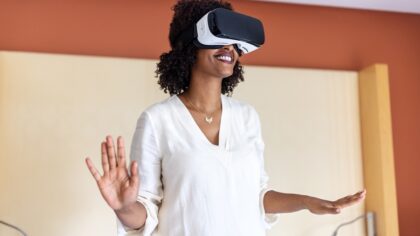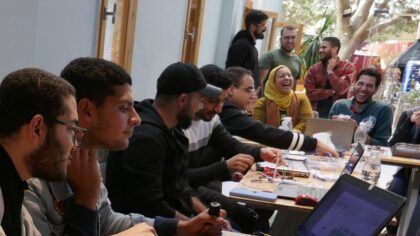Publishing formats
With the aim of sharing the latest developments in Orange’s research, the Research Blog lets our researchers have their say. They tell us about their work as well as sharing their visions and convictions regarding the technological disruptions and changes in society that are unfolding. It’s a place to interact with people who are passionate about the future of our digital and human world.







